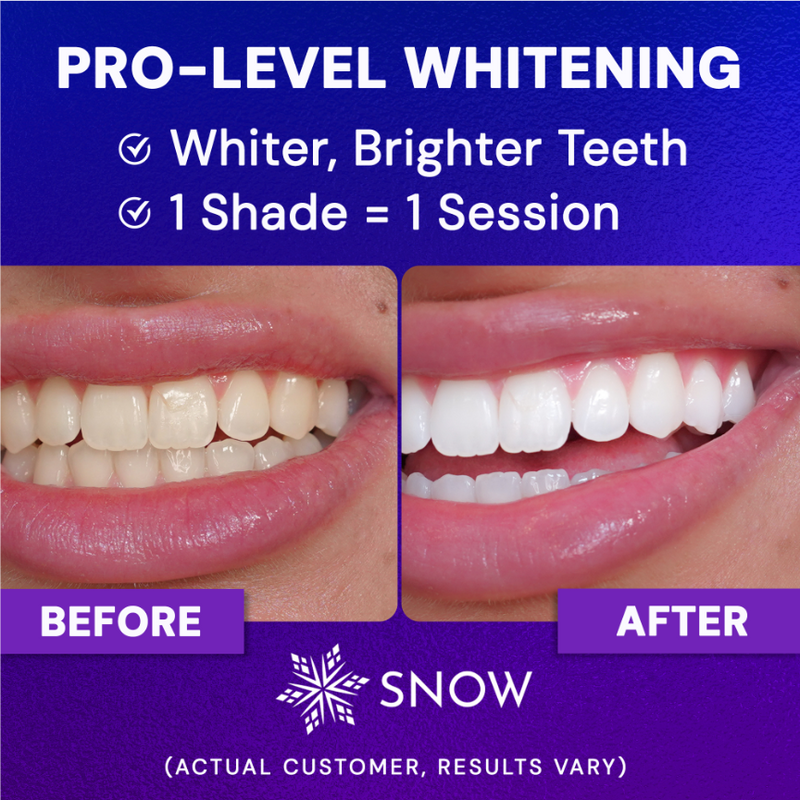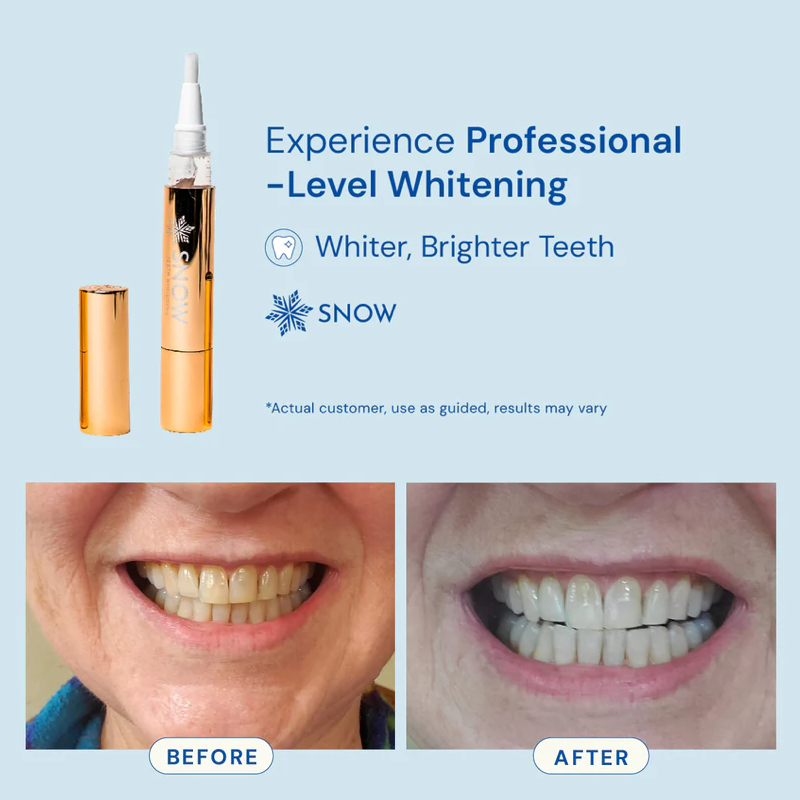It’s not just dentures that may be waiting for you. The effects of oral health don’t stop in our mouths. Nope. Poor oral health can bleed over into the rest of the body.
These problems include:
- Alzheimer’s
- Endocarditis
- Osteoporosis
- HIV/AIDS
- Pneumonia
- Pregnancy/Birth Complications
- Cardiovascular Disease
- Diabetes
Oral health is important and should not be ignored. It is necessary to follow a consistent, effective oral hygiene routine.
Keep reading for our best tips for keeping your teeth healthy!
Best Tips for Healthy Teeth
-
Floss First
Many of us think flossing comes after brushing. However, it is more effective to floss first. It removes plaque, bacteria, and food particles from in between those hard to reach places between the teeth.
Floss at least once per day. It is important to grab about 18” of floss to get the job done. Wrap each tooth in a “c” with the floss and wiggle it up and down, all the way to the gum line.
Be sure to be gentle. You do not want to snap the floss in and out. Snapping the floss damages the gums and can cause bleeding.
Not only does flossing help to prevent tooth decay in between teeth, it also helps with your breath. Food particles hiding between your teeth can sit there and get smelly. So, removing that debris through flossing helps to keep bad breath at bay.
While there are many different types of floss to choose from, we like to suggest using The Charcoal Floss for cleaner, whiter teeth.
-
Brush Two Times Per Day
All the research tells us to brush our teeth at least twice per day. Find a soft-bristled toothbrush. Choosing a hard brush head to brush your teeth can damage both the gums and the teeth. It is too abrasive. Hard bristles can cause sensitivity, damage the enamel, or erode your gums.
When you brush your teeth, it is best to brush in tiny circles on the surfaces of your teeth. For the bite surfaces of the teeth, you can scrub back and forth, but never saw back and forth on the surfaces of the teeth. Using a sawing motion is very hard on your gums.
It is crucial that the teeth and gums be brushed gently rather than using forceful, harsh motions. If you brush too roughly, you will damage your gums.
The length of time you brush your teeth is also important. You need to brush your teeth for a minimum of two minutes each time in order to remove as much plaque and debris as possible.
Here’s one other tidbit you may not know. The American Dental Association recommends that we change our toothbrush about every three months. Every three months, people.
-
Regular Dental Visits
Most dentists have attended college for 8 years. They put in hours upon hours studying their craft and perfecting techniques. And they do it all so they can take care of your teeth. It’s their job to take care of teeth.
Why not let them do their job? If you won’t schedule regular visits to the dentist, they cannot provide their services for you.
It is the expert recommendation that we visit our dentist every six months for an exam. At your dental exam, you can expect to get x-rays first. After that, you’ll see the hygienist. A dental hygienist cleans your teeth.
During your cleaning, the hygienist will use an ultrasonic scaler to remove the biggest pieces of tartar. That will be followed by the use of a manual scaler to scrape off the remaining tartar near the gum line.
Next, you can typically expect some chalky stuff (that’s the technical term for polishing paste) to be used to polish your teeth after the scraping. You know what’s next, a little water is squirted in your mouth for you to swish around right before they suction it out.
Then, it’s time to see the dentist. The dentist will review your x-rays to see any penetrating tooth decay. She will do a hands-on examination to check for cavities, gum disease, or any other oral health issues.
-
No Smoking
How many smokers do you know with healthy, white teeth? Go ahead. Name ten. You can’t. I know you can’t.
Smoking is not good for any part of your mouth. It stains your teeth. It stains your tongue. It puts you at risk for gum disease. And it makes your breath smell horrible.
Smoking cigarettes and / or vaping wreaks havoc on the immune system. That means that the body’s ability to heal is affected. So, if you were to have a dental procedure, it would take longer for your mouth to heal.
-
Choose Water
Every fitness professional will tell you not to drink your calories and preach regularly about getting plenty of water.
A dentist will tell you something similar. Most drinks contain sugars or chemicals that negatively affect your health—especially your oral health.
Drinking juice, soda, sweet tea, and even electrolyte beverages increases your risk of cavities. It’s better to drink them very sparingly.
**For Babies, it is important to keep their gums healthy. You can use a warm, wet wash rag to rub away any sugars sitting on the gums.
Conclusion
Nothing replaces a good oral hygiene routine … except for dentures. That’s what you’ll probably end up with if you don’t take care of your teeth.
So, come up with a good routine of flossing and brushing, coupled with eating healthy foods, avoiding excess sugars, refusing to smoke, and drinking plenty of water.



































































